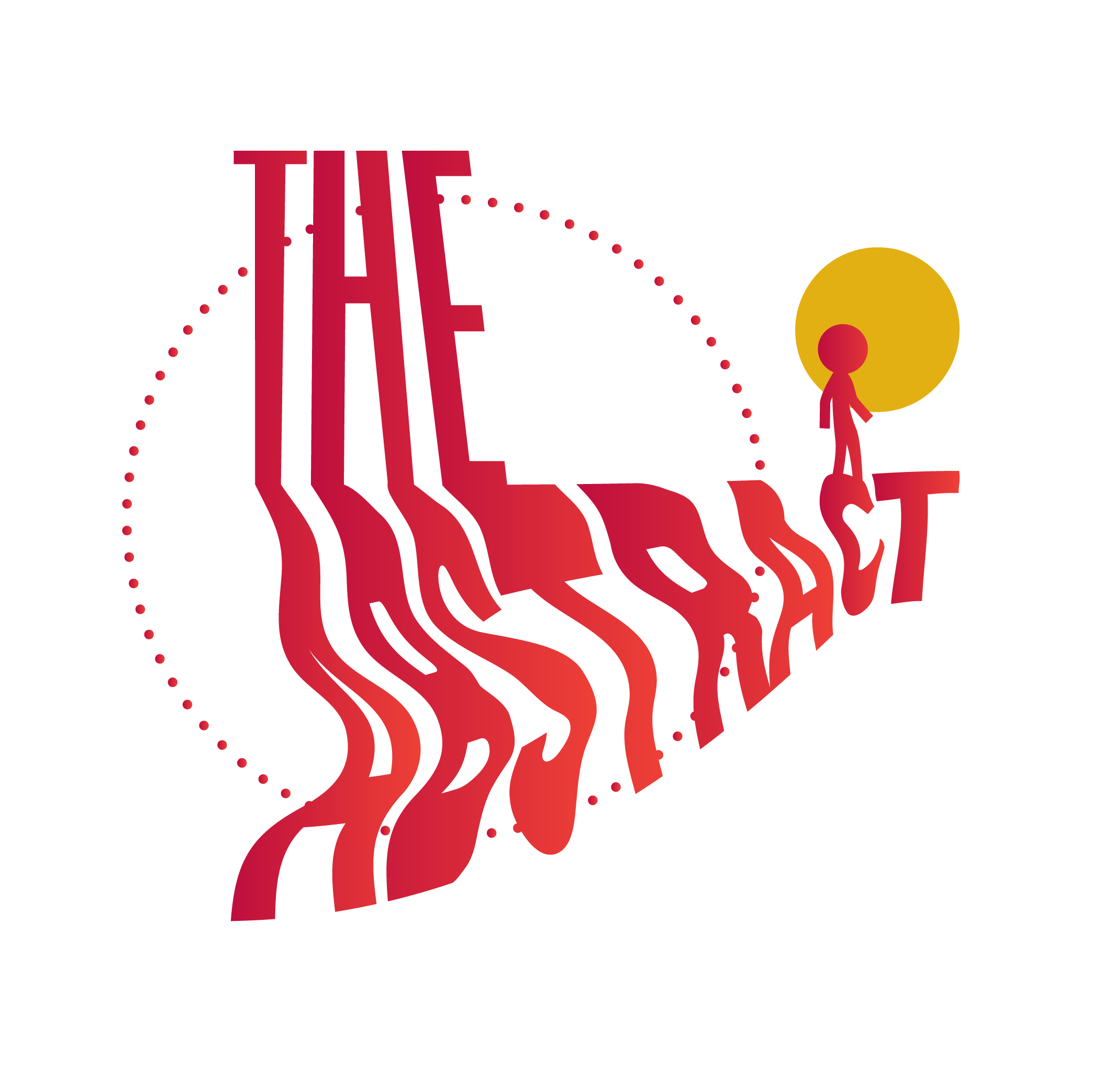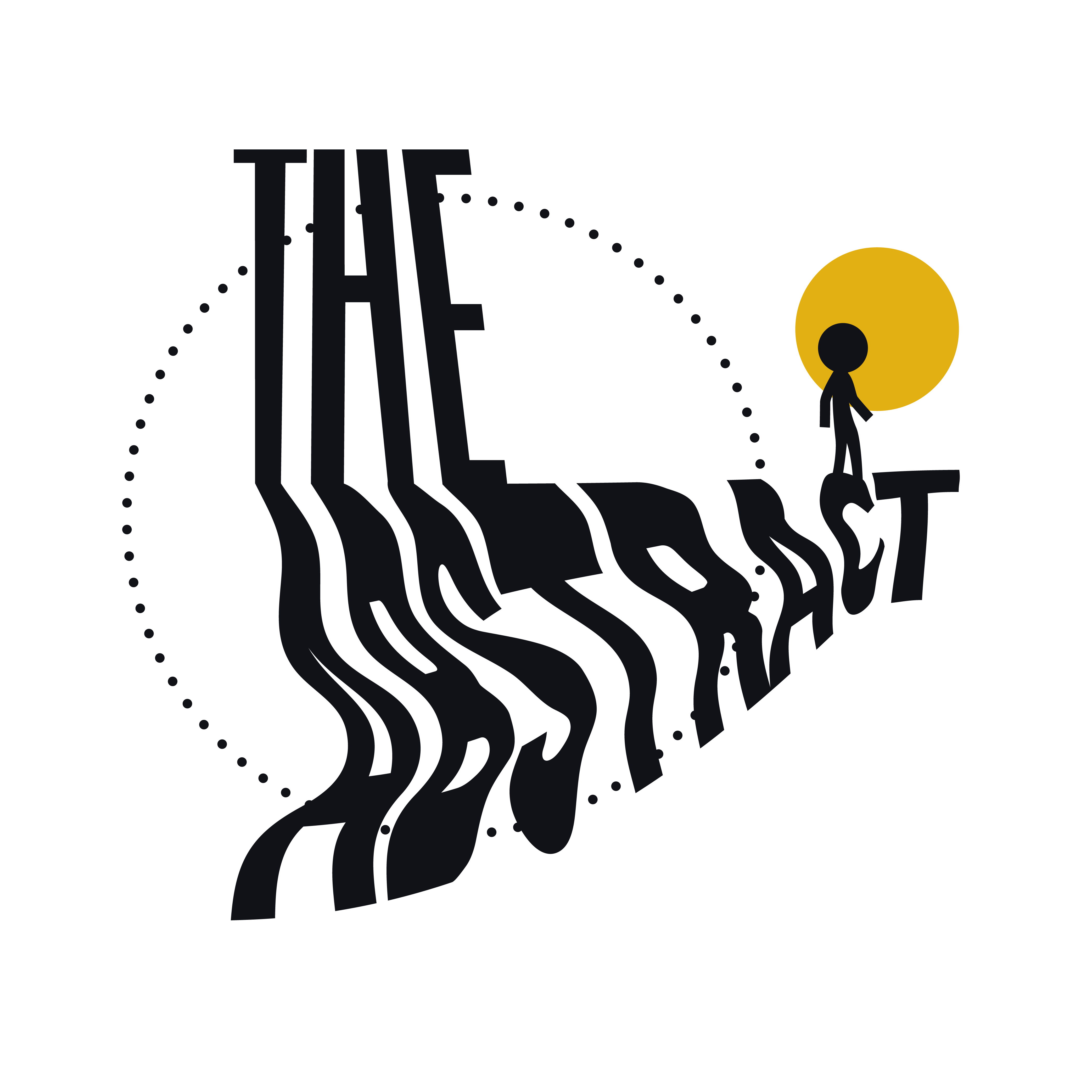
Eczema & Anxiety: The Body & Mind as inextricably connected entities
First and foremost, shout out to all my fellow eczema warriors. You are doing it. You are out here living. I feel you, I see you, I stand with you. You deserve all the love and care and support. Secondly, shoutout to all who are eczema-adjacent allies, holding space and give space and backing us up when we need it, you are cherished and loved humans, may blessings abound you, because you deserve love and care and support too.
Today, we’re going to be talking about eczema and mental health. Being that it’s mental health awareness month, I thought it was important to throw into the collective consciousness mix, especially considering people who live with eczema have to talk to themselves about their eczema almost every day. ‘Talk to themselves?,’ you say? ‘What could that mean?’ Great question. The internal dialogues of a person living with eczema might range anywhere from ‘Oh hayyy we’re lookin good todayyy.’ to ‘Awh man, what did I eat?’ to ‘Whyyyyyyyyyy meee???!!!’ to ‘If ONE MORE PERSON asks me if I’ve ever tried shea butter…’ to ‘Did I pack moisturizer? Water? Will this outfit irritate my skin? Aw shit, I forgot to ask if there’d be dogs there…’
People who live with the chronic inflammatory skin disease known as ‘eczema’ know that it can cause intense itching and discomfort, loss of sleep, and social anxiety, which can have an impact on the quality of life of both sufferers and their support systems.
Though it may look like it’s ‘merely’ dry skin to those who have never experienced it, the impact that living with eczema has on one’s mental and physical health, causing a hinderance one’s ability to carry out everyday tasks, as well as one’s internal and external relationships, can most definitely qualify the disease as a disability.
Thus, it isn’t surprising that those who suffer from living with eczema also commonly experience mental illnesses like anxiety, OCD, and depression.
Because our mind and bodies are inextricably connected, it’s a bit of a chicken-or-egg situation, and it’s hard to determine whether mental health issues are the cause of eczema, or vice versa.
However, studies have shown that there is a direct correspondence between our mental and physical health. Thus, people living with eczema are more likely than those living without it to develop new depression and anxiety. This likelihood also increases the more severe eczema cases get. With increasing atopic eczema severity (for example, risk of depression was 26% greater in people with severe eczema). However, even those with mild eczema were at greater risk of anxiety and depression than people without eczema.
I know from experience that being told to “make sure we moisturize” – as though proper moisturizer wasn’t the ONE thing I never leave the house without – can feel incredibly belittling and dismissive of one’s experience living with a chronic condition such as eczema. This then can lead to feelings of anger, shame, isolation, and self-disgust, none of which are healthy to hold on to.
Despite all of this, in my personal experience, mental health was one thing that doctors never talked to me about, when discussing treatment for eczema. They’d instead focus on how they didn’t know the exact cause of eczema, but that if it was ‘too uncomfortable’ (which makes me wonder if any of those doctors had ever actually experienced living with it, because eczema is almost NEVER a comfortable situation; we just do the best we can), they would gladly prescribe me steroids to help calm eczema’s unsavory effects. They did mention that steroids are a short term solution, not to be taken long-term, otherwise it would actually thin out my already fragile skin, among other undesirable outcomes, but apart from changing my home environment so as to live as close to Bubble Boy as possible, living on an often strict & difficult-to-maintain diet, they offered no other long-term solutions for truly healing — just a growing feeling that the world outside was made up of triggers I must protect myself from at all costs, lest something upset the fragile balance of my malfunctioning immune system and trigger a wave of furious scratching, ruined sheets, and sleepless nights. What they had prescribed me, whether I asked for it or not, was a victimhood. My condition worsened, everyday tasks became laborsome.
I understand that if you treat a child as if they’re stupid, they will often play into that, or rebel. The label will stick to them. Not only that, if we choose to see the child as stupid, that’s all they will ever be in our eyes. We will never appreciate their multifacetedness, or respect them as a whole human, because we’ve limited our perception of them to that small, somehow-less-worthy place of being ‘stupid.’ I understand our own bodies, our selves, to work the same. If I see and treat my self and my body as something broken, I am limiting myself to that range of being. That is the signal and instructions my brain is sending out to the rest of me.
What I’ve learned has truly helped me calm and, dare I say, make peace with my eczema, was learning how to truly love and accept myself, as I am, a whole, deserving, unbroken person who lives with eczema. Tending to my physical being, treating self-care as a practice of prayer or worship instead of a chore and a burden. Tending to my mental health, working through unresolved emotions that’ve been bottled up over years and even generations. I think that eczema is similar to anxiety in that, yes one triggers the other, but also that with enough TLC, they each can go just as quickly as they came. Each “side effect” is my body speaking to me, calling me to return to it. To ME. And something like the boy in The Alchemist (spoiler alert) I had to re-learn to speak the language of the universe (in which my body is already fluent) only to find that what I was seeking was home, all along. In the familiar. I just had to dig a little deeper.
Eczema is not just a cosmetic annoyance or a lack of lotion. It is physical. It is physiological. It is an inherited stress response. An engrained cellular memory of attacking oneself. It can be a whole-body experience. But it can also be something that brings us closer to ourselves, and our loved ones. It can bring us to a healing that is holistic and all-encompassing, and all-releasing. It also means our bodies, and, by intention, we already have the capacity for accelerated healing. We got this.
For those of you wanting to tap into embracing your anxiety, definitely check out both the S02E04 Podcast & accompanying Abstract Abstract toolkit, both titled ‘Embracing Your Anxiety.’ I’m planning on sharing more about what I’ve learned, about the connection between eczema and mental health, ancestral wounds, and healing and living through it all. The next thing on the table is an Abstract Abstract, about healing and holding space for those living through eczema. Then eventually a book (:
Let me know in the comments if you can relate, or if there’s anything you want me to try to include in the toolkit!
Research & Sources:
https://www.sciencedirect.com/science/article/pii/S2213219819307536?via%3Dihub
https://beyondocd.org/expert-perspectives/articles/ten-things-you-need-to-know-to-overcome-ocd




